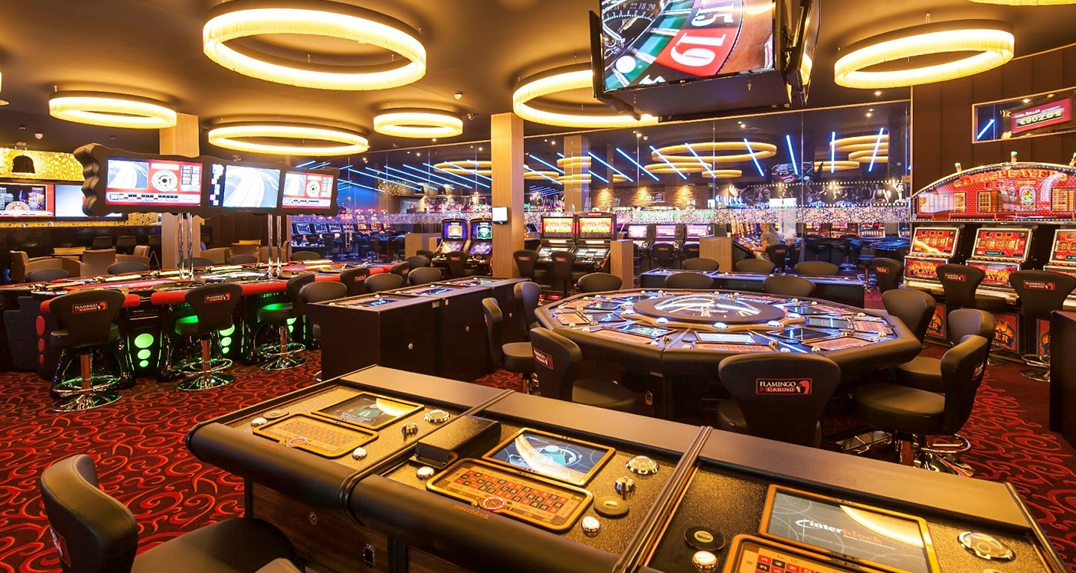
Everything to know about Inpatient Drug Rehab – Muse Treatment Changing Lives in Los Angeles
Drug addiction, also known as an addiction disorder, is a chronic and relapsing condition characterized by drug-seeking behavior despite the negative consequences it causes. It is a complex condition that can result from environmental and behavioral factors.
When a person is addicted to drugs, their brain chemistry is altered drastically, which leads to a change in behavior and physical health. The effects of drug addiction can include the following:
– Changes in the brain
– Health issues like cardiovascular diseases, infectious diseases, and respiratory problems.
– Social and legal consequences
– Mental health issues
– Financial difficulties
– Risk of death due to overdose
The effects of drug addiction can vary depending on the individual and the substance being abused. However, drug addiction can have a profound and lasting impact on an individual's health, relationships, and quality of life. Therefore, seeking help and treatment for drug addiction is critical to mitigating these effects and achieving long-term recovery.
Treatment for drug addiction
Treatment for drug addiction starts with individuals accepting they have a problem to solve. When they identify the underlying issue, they can find various treatment options in different rehab centers offering the following treatment options:
Inpatient drug addiction treatment
Inpatient drug rehab, also known as residential treatment, involves individuals living at a facility for a set period while receiving intensive care to help them overcome drug addiction. This type of rehab is often used for people who require a more intensive level of care than outpatient treatment can provide and for those who need to be removed from the environment where they were using drugs to focus on their recovery.
During inpatient drug rehab, the individual will undergo a comprehensive assessment to determine the best course of treatment. This assessment will consider factors such as the type of drug the individual is addicted to, the length of time they have been using, and any co-occurring mental health disorders that may be present.
Outpatient addiction treatment
Outpatient drug rehab is a type of treatment that allows individuals to receive care while living at home and continuing to go to work or school. This type of treatment is often used for people with milder addiction or those who have completed inpatient drug rehab and need ongoing support.
Outpatient drug rehab can vary in intensity and duration and may include individual therapy, group therapy, and other forms of addiction treatment, such as MAT. Outpatient drug rehab is typically less intensive than inpatient treatment, but it can still be effective for people committed to recovery.
Group therapy
It is a type of therapy that involves individuals meeting with a therapist and other people in recovery to discuss their experiences and provide support to one another. Group therapy can be used in both inpatient and outpatient settings and can be effective for people with various types of addiction.
During group therapy, individuals can share their experiences and receive feedback and support from others. This therapy can help individuals feel less isolated and more connected, which can be critical for long-term recovery.
What is inpatient drug rehab?
It is an addiction treatment involving a person living at a facility for a set period while receiving intensive care to help them overcome drug addiction. The duration of stay can vary, depending on the individual's needs, but it typically ranges from 28 to 90 days.
According to experts at Muse inpatient drug rehab Los Angeles, the individual will undergo an assessment for their underlying condition. Then, the medical experts at the center will help determine the proper treatment procedures, including behavioral therapy, arts, games, and much more.
Inpatient rehab at muse treatment
The Muse Treatment Center in Los Angeles is a haven for individuals seeking comprehensive addiction recovery treatment options. With a dynamic and community-oriented program, their treatment options are tailor-made to allow new life to sobriety.
Their inpatient rehab focuses on two significant facets:
– Therapy and Discovery
– Relapse prevention and education
As their team of medical experts focuses on individualized treatment options, they are setting an example for other rehab centers in Los Angeles. Some of the services include:
Assessment and Individualized treatment plan
At Muse Treatment, individuals who enter inpatient rehab undergo a comprehensive assessment to determine the best course of treatment. This assessment considers factors such as the type of drug the individual is addicted to, the time they have been using, and any mental health disorders that may be present. Based on the assessment, a personalized treatment plan is developed to meet the individual's unique needs.
Evidence-based Treatment
Muse Treatment's inpatient rehab program uses evidence-based practices that effectively treat drug addiction. These practices include cognitive behavioral therapy (CBT), dialectical behavior therapy (DBT), and motivational interviewing. The treatment team at Muse is highly trained and experienced in delivering these therapies and other forms of addiction treatment.
Aftercare planning and support
Aftercare planning and support are essential to inpatient rehab at Muse Treatment. The treatment team works with individuals to develop a plan for continuing care after they leave the facility. This may include referrals to outpatient treatment, sober living homes, or other resources in the community. The team also provides ongoing support and guidance to help individuals maintain their sober phase and prevent relapse.
Benefits of Muse Inpatient Rehab
Muse treatment center suggests inpatient rehab options for those individuals struggling with seeking the right help for addiction treatment. This inpatient rehab in Los Angeles makes a massive difference to their patients and eases the burden on their recovery process. The benefits of taking Muse Inpatient rehab include the following:
– Offers a new environment which focuses on change
– It provides constant medical and professional supervision
– Offers a structured program for everyone dealing with addiction
– Opportunity to build new friendships and relationships that support an individual in recovery
– Different therapy options with customized diet and exercise routine
– Post-rehab support, lowering the risk of relapse









